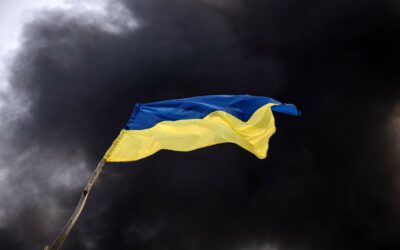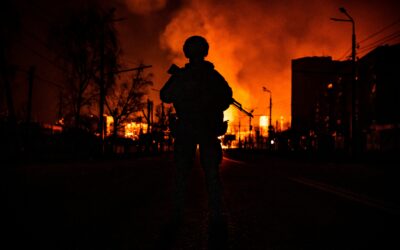
In Future Wars, Drone Weapons With Minds of Their Own
SUBSCRIBER+EXCLUSIVE BRIEFING — Drone weapons are part of the daily narrative of the war in Ukraine – from Russia’s use of Iranian drones against infrastructure […] More
“The Cipher Brief has become the most popular outlet for former intelligence officers; no media outlet is even a close second to The Cipher Brief in terms of the number of articles published by formers.” —Sept. 2018, Studies in Intelligence, Vol. 62
Access all of The Cipher Brief’s national security-focused expert insight by becoming a Cipher Brief Subscriber+ Member.
Related Articles

SUBSCRIBER+EXCLUSIVE BRIEFING — Drone weapons are part of the daily narrative of the war in Ukraine – from Russia’s use of Iranian drones against infrastructure […] More

SUBSCRIBER+ EXCLUSIVE ANALYSIS — Iran’s retaliatory strikes against Israel this weekend were both a potentially game-changing, historic first — and an underwhelming response. Historic, because […] More

SUBSCRIBER+EXCLUSIVE INTERVIEW — Ukraine was hit by a fresh round of Russian missile attacks on Thursday, strikes that targeted and damaged the country’s power grid […] More

SUBSCRIBER+ EXCLUSIVE REPORTING — The Israeli drone strike that killed three adult sons (who Israel says were Hamas operatives) and four grandchildren of Hamas’s Qatar-based […] More

BOTTOM LINE UP FRONT – In the spring of 2022, Ukraine beat back a Russian assault on the nation’s capital and punished the invaders on […] More

SUBSCRIBER+EXCLUSIVE — The Ukraine war has reached a “pivotal moment,” a “critical stage,” an “inflection point“ – all phrases used to describe the current situation […] More
Search